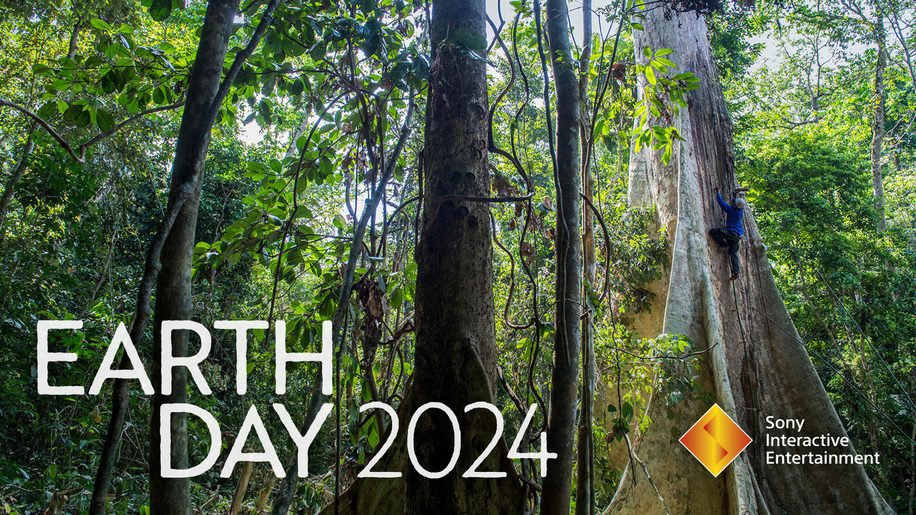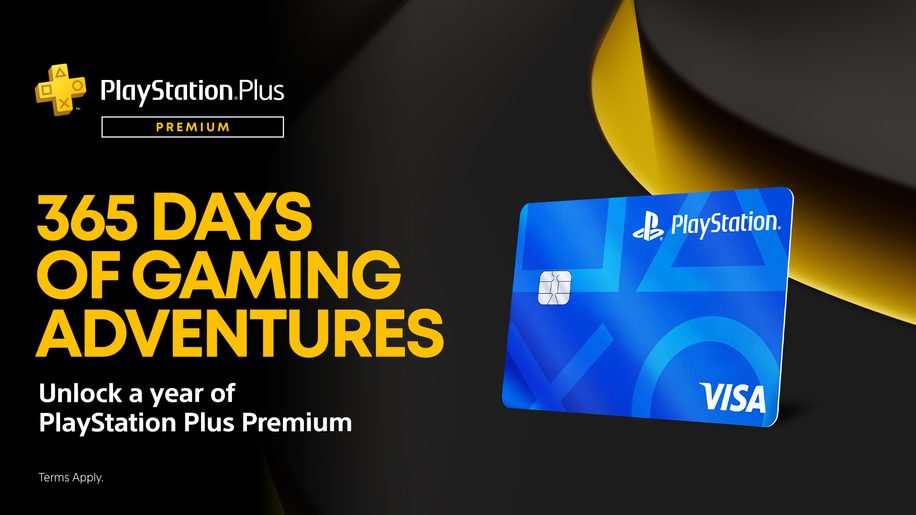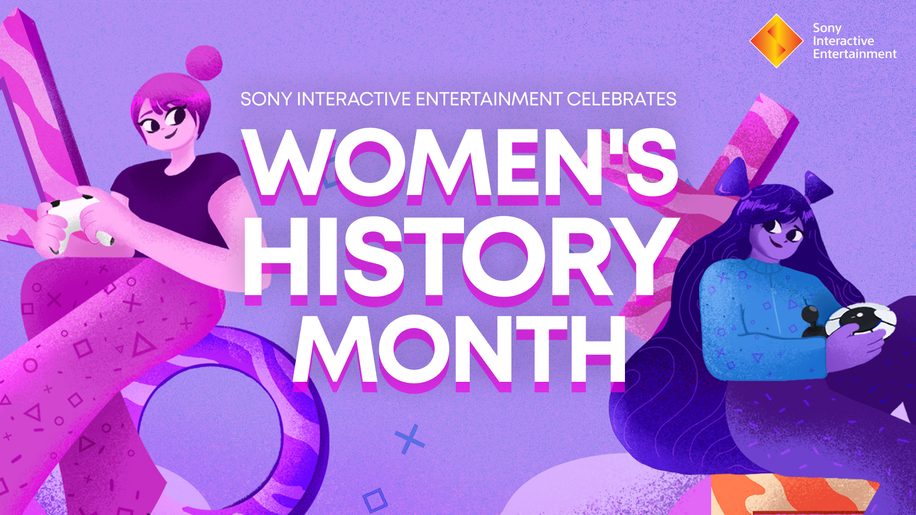Inside Sony Interactive Entertainment: VETS@PlayStation
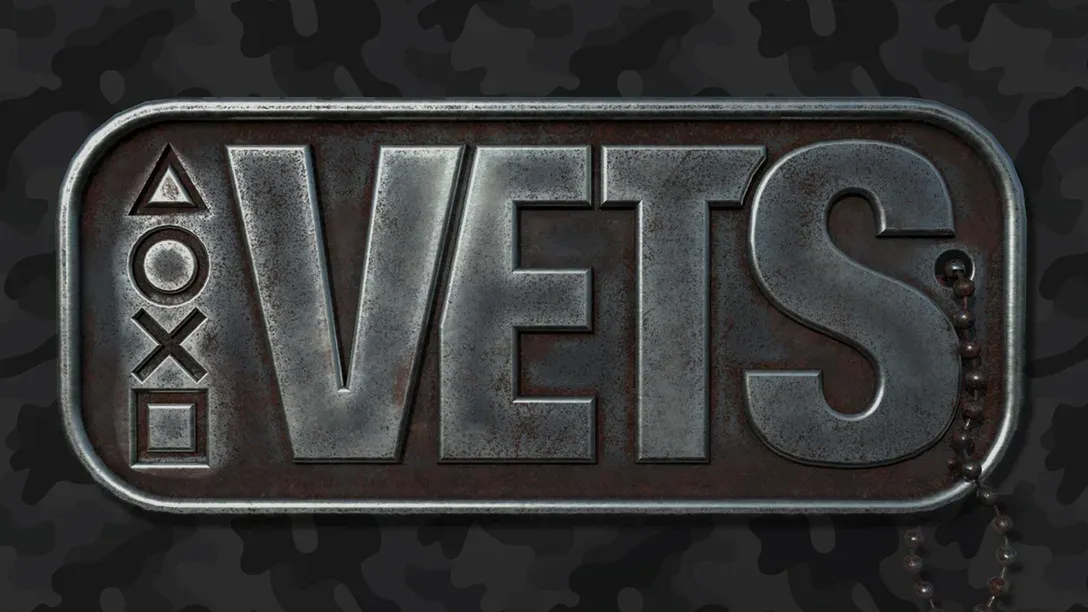
Military veterans can encounter a plethora of obstacles when integrated back into civilian life and the corporate world. Sony Interactive Entertainment (SIE) has empowered me and many others at VETS@PlayStation to remove as many of those as we can and communicate about our shared experiences.
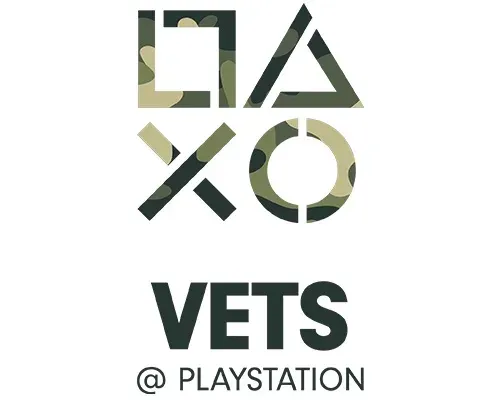
Such is the nature of our military careers, we’re very service-oriented people and accustomed to doing anything we can to help out. Further, as my colleague Derrell Jenkins, Sr. Director of Global Information Security Technology and Defense, and the VETS@PlayStation Co-President says, our eNet uniquely mirrors the diversity seen across the global team that makes up SIE.
“Being a veteran, it is a melting pot,” Jenkins says. “I mean, you take people from every walk of life and then you break them down and build them back as a team. Things that are often challenging for others are normal when you’re a vet. You’re used to working with people from everywhere. It’s a very mixed community.”
SIE’s Culture and the Importance of VETS@PlayStation
SIE is very open to different ideas and suggestions when it comes to VETS@PlayStation. However, our unique challenge is that, typically, we’re very low-key.
“We’re very service-oriented,” Jenkins continues. “VETS@PlayStation provides an opportunity for us to come together and brainstorm ‘how can we help’ and ‘how do we get the word out that we’re here to help?’ Once we get engagement going, things are really good, but the key is that initial engagement.”
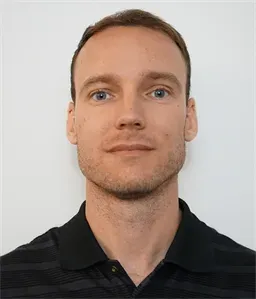
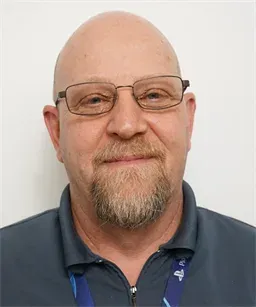
We come from a situation where the mindset is often “don’t volunteer for anything.” However, once we do engage, the military also teaches you to execute the mission. Once we get people committed to an action, they’re dedicated to the utmost. One example of this was when, years back, a former executive sponsor wanted to see VETS@PlayStation help with hiring more veterans.
They wanted us to lead this action, so we started coming to HR at SIE with all of these ideas for talent acquisition. We offered up programs we can use, places we can source, resumes for veterans, and they simply weren’t prepared for the wave that we hit them with. We’re presenting things that would require an overhaul of existing pipelines and SIE was very open to what we had to offer, it was just a bit of a shock.
When you point us in a direction, we execute the mission. It has been a long challenging road for us but we’re taking strides to bottle that type of initiative, which got so many colleagues moving on one accord, and encourages veterans to speak up more often.
I think our eNet lends itself to a lot of collaboration. Being a veteran is not an identity you’re born with; we’re all different races, backgrounds, and lifestyles. That really opens us up to working with other eNets and entities within SIE. We’ve done a lot of projects with BLACK@PlayStation, Women@Playstation, and API@PlayStation.
Community and Industry Impact
A core pillar that is mirrored in the VETS@PlayStation mission statement and our hiring efforts, we really want to instill more confidence in veterans when it comes to their skills and how they translate to both the gaming and tech industries. When veterans get out of the service, many having done more of the grunt jobs or similar, they don’t see gaming and tech as career paths for them.
When I got out as a combat engineer, I was told I could be a security guard, drive a truck, go into construction, and other similar jobs. Even if the job you did in the military wasn’t directly aligned with technology, there are plenty of transferable skills that make you an asset to these industries. We want to share with people outside of SIE that other veterans made it into gaming and tech careers and are thriving.
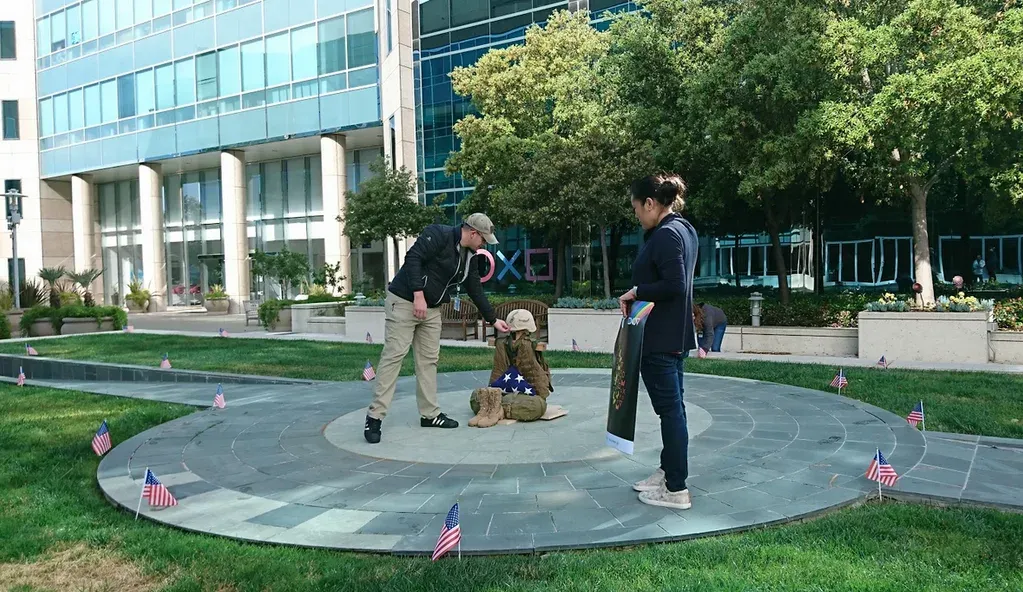
“It’s the recognition that there are people out there that have very well learned skills, maybe not taught skills, from a traditional college,” Derrell says. “But if you look at it, you’ll have people that are 25 or 26 getting out of the military and they’ve led large teams. They’ve worked in very high-pressure jobs where lives are on the line.”
“When you go through the military there’s officer schools, there’s NCO candidates, there’s plenty of regimented training,” he continues. “You don’t get credits for each thing that you worked on like in a higher education environment, but you get learned skills that you can bring straight into the workforce.”
When veterans make the transition out of the military, they often find themselves behind their peers in the corporate world. The years they have in the military typically don’t count in the company’s eyes versus people who have been working at an organization right out of college. For example, their leadership skills don’t get recognized and they have to work a certain number of years before they’re seen as management material. However, anyone that has been in a branch of the military for more than four years probably was at least a squad leader, so you already have equivalent or near-equivalent experience.
An example of community outreach unrelated to hiring is our collaboration with organizations like Wounded Warrior Project® (WWP) and Stack Up. WWP provides free, life-changing programs and services to more than 200,000 post-9/11 wounded veterans and their families, including access to mental health services, physical health and wellness education, and many other programs such as career counseling. Warriors never pay a penny for these programs – because they paid their dues on the battlefield. We’re proud to team up with WWP on a series of can’t miss events, including their recent Warrior Week livestream during the week of Veterans Day.
Stack Up brings veterans and civilians together through gaming. They send care packages of games and consoles to deployed units and veterans in need, pay for trips so veterans can attend game and geek culture events like E3 and PAX, and more. They had their first $1 million fundraising year in 2021 and are expanding their services, including this year’s opening of their Phalanx House in LA. VETS@PlayStation members are also participating in Fleet Week, an annual tradition where active military ships dock in major cities so that crews can visit and civilians can tour the ships.
Going Forward
SIE puts VETS@PlayStation in a great position to impact the gaming and tech industries and I hope we can change the perception of veterans who are reintegrating into civilian life. I also hope we can change those in positions to hire veterans by getting them to open up more opportunities for them. Hiring managers and talent acquisition teams typically go to colleges and tech schools to recruit. They should definitely attend military recruiting events as well.
SIE is committed to creating a world where everyone belongs, fueled by our company culture, our products, and our incredible PlayStation community around the world. If you are interested in a career at Sony Interactive Entertainment, please take a moment to look at our opportunities at PlayStation Careers.
